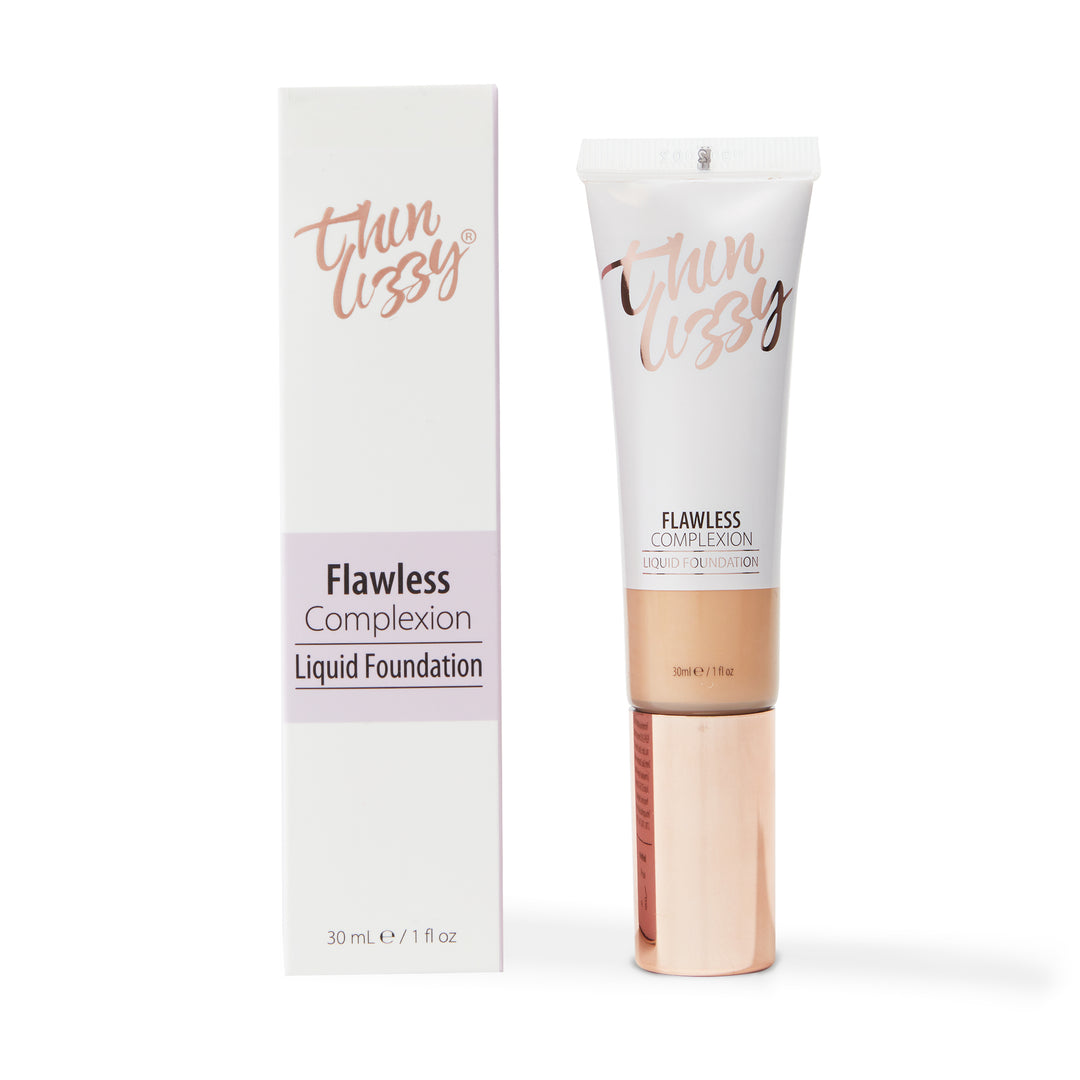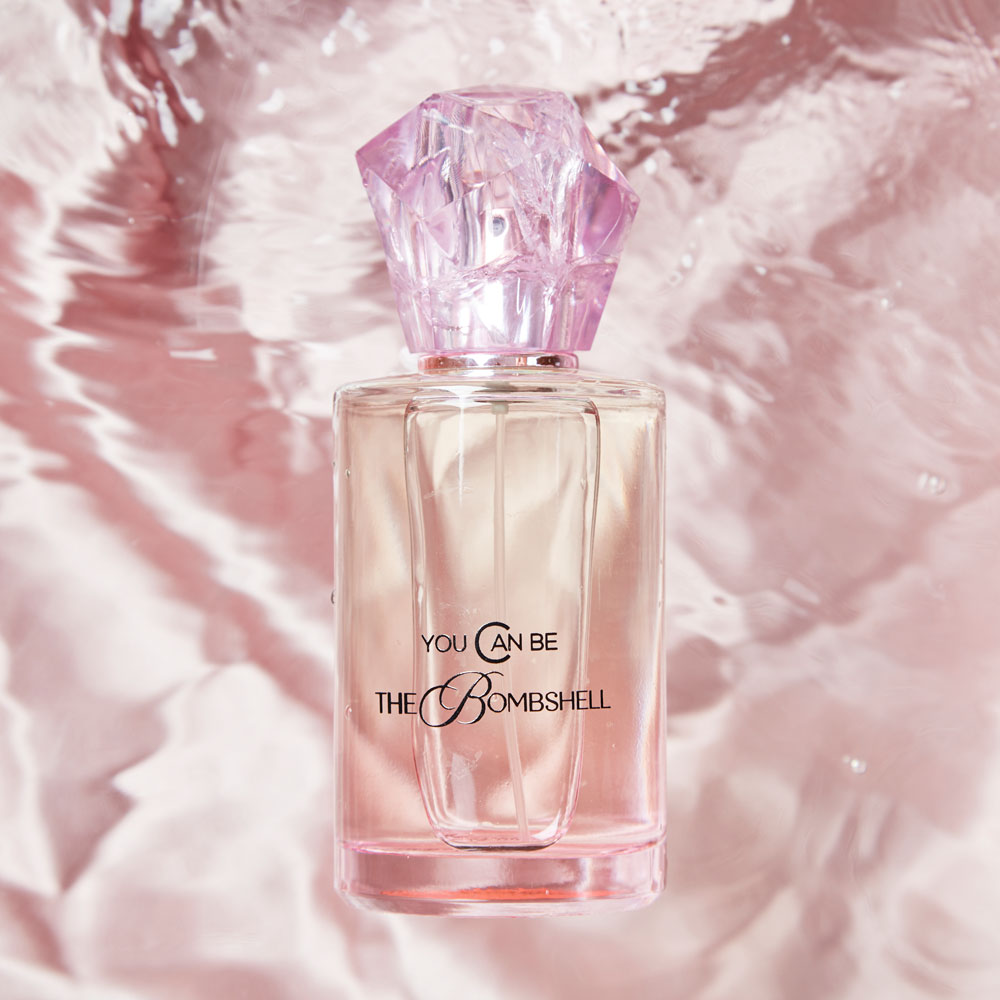Chemical Exfoliants 101: AHAs vs. BHAs

Remember when exfoliating meant gritting your teeth and scrubbing away with those old-school beads? If you’re still relying on those scratchy scrubs, it’s time for an upgrade! Welcome to the 21st century, where chemical exfoliants reign supreme and your skin can say goodbye to abrasive scrubs. Say hello to a smoother, more radiant complexion with the magic of AHAs and BHAs. Buckle up—your skin’s about to take a leap into the future!
What Are Chemical Exfoliants?
Forget about those gritty scrubs that leave your skin feeling like it’s been through a sandstorm. Chemical exfoliants are here to save the day! These gentle giants use, you guessed it, chemicals (the good kind) to slough off dead skin cells and reveal your inner glow. They come in various forms like toners, serums, and masks. Think of them as your skin’s personal trainer—minus the sweat and tears.
AHA Exfoliants: The Glow Getters
Say hello to AHAs, or alpha-hydroxy acids, the skincare stars that come straight from nature’s fruit bowl and sugarcane fields. These radiant acids dissolve the bonds holding dead skin cells together, revealing a brighter, smoother, and more even complexion underneath. But that’s not all—AHAs are also champs at tackling fine lines and wrinkles, and they give collagen production a much-needed boost. Popular AHAs like glycolic acid and lactic acid are your go-to allies in the quest for youthful, glowing skin. So, if you’re ready to step up your exfoliation game, AHAs are here to deliver that radiant, lit-from-within glow.
BHA Exfoliants: The Deep Cleaners
Enter BHAs, or beta-hydroxy acids, the ultimate deep-cleaning experts of the skincare realm. These oil-soluble marvels have a knack for diving into your pores to tackle excess oil, dirt, and all those impurities that can lead to breakouts and congestion. Think of BHAs as the detectives of the exfoliant world—they dig deep to solve the case of clogged pores and pesky pimples, leaving your skin feeling fresh and thoroughly clean. Whether you’re battling stubborn blemishes or just need a thorough cleanse, BHAs are your secret weapon for achieving a clear, radiant complexion.
Which Chemical Exfoliant is Right for You?
So, how do you choose between these two? It all boils down to your skin type and what kind of trouble it’s getting into:
- Dry or Sensitive Skin: Opt for AHAs. They’re like a gentle breeze for your skin, exfoliating the surface layer without causing irritation. Plus, they’re perfect for adding that dewy glow.
- Oily or Acne-Prone Skin: BHAs are your best friends. They penetrate deep into the pores to tackle excess oil and fight acne. Think of them as the superheroes of oil control and acne prevention.
- Combination Skin: Lucky you—combination skin gives you the freedom to enjoy both AHAs and BHAs! You can use them together or alternate them, depending on how your skin feels. Just make sure to be gentle with your routine to avoid overloading your skin and always finish with SPF!
Tips for Using Chemical Exfoliants
Even though chemical exfoliants are great, don’t go overboard. They’re strong, so start slowly and use them a few times a week. Think of them as a treat for your skin, not a daily indulgence. And, always check with your dermatologist to make sure they’re a good fit for your skin type.
The Bottom Line
Congratulations, you’ve just leveled up your skincare game! With AHAs and BHAs, you’re all set to say goodbye to dullness and hello to that radiant, fresh-faced glow. Remember, skincare is a journey, not a sprint—so embrace these chemical exfoliants and let your skin’s natural brilliance shine through. Here’s to a glowing complexion and a routine that loves you right back!








